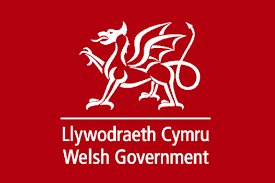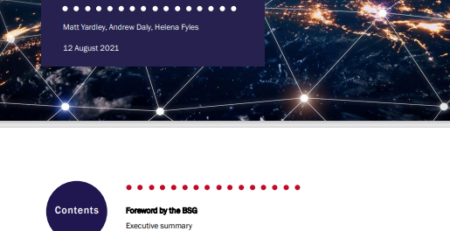Government publishes Universal Service Obligation Consultation
Government has today launched its consultation on a Universal Service Obligation for broadband. The consultation acknowledges that a USO is a safety net for those who do not have access to super or ultrafast speed to ensure that everyone is able to participate in our digital society. This follows on the Prime Minister’s commitment last year that the UK would have a USO of 10 Mbit/s. This level is backed up by Ofcom in their latest Connected Nations Report.
The consultation confirms that Government intends for 10 Mbit/s to be the minimum speed for the USO. This is a substantial increase on the current Universal Service Commitment of 2 Mbit/s. Although the consultation does not go further into defining its characteristics (such as upload speed or data caps) it does say that a USO must be technology neutral, caveated that it must be the most cost effective means, and that there is likely to be some sort social tariff for low-income USO users. The more detailed work on the characteristics of the USO and the mechanism that will underpin it will be conducted in part by Ofcom, who have to report on this by the end of the year, and in second consultation that DCMS will likely bring forward sometime next year.
What Government have been clear on is that it will include both domestic and business premises, with BSG’s Small Business Connectivity Requirements Report highlighted in the justification for the latter. In discussing the remit of the USO the Government has indicated that it may only be applicable in areas “where market forces alone do not deliver affordable access to basic services for people???. Government estimates that the number of premises without access to 10 Mbit/s will be around 1 million by the end of 2017 (and the current BDUK intervention). The Government has also made clear that the USO will be a demand-led solution; households and businesses will need to request services rather than infrastructure being deployed in advance of demand.
Interestingly, the report also references the Government’s Digital Communications Infrastructure Strategy which was published in March last year. This was assumed to have fallen by the wayside and would be replaced by measures in the UK’s Digital Strategy, instead it seems to be alive and well.
The BSG supports all efforts to increase the availability of good quality broadband in the UK but there remain serious questions about how a USO would operate within the UK, as was evidenced at the recent event that we held on the issue. These involve both the difficulty in operating a USO or Universal Service Fund of scale given the burden that it places on industry as well as the wider impact that it can have on competition.
The BSG will continue to remain heavily engaged in this debate – please keep an eye out for future events and workshops.






